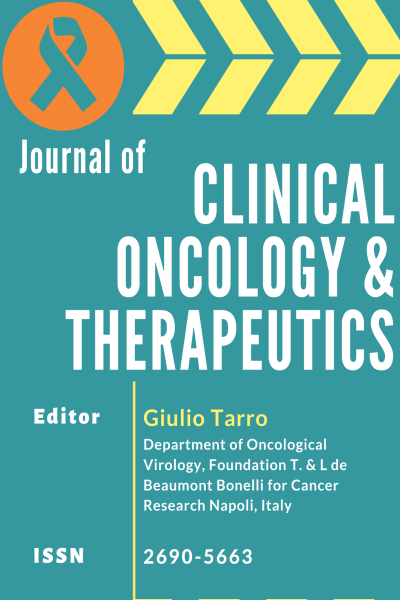Journal Highlights
Journal of Clinical Oncology and Therapeutics takes an interdisciplinary approach to cover the clinical and treatment approaches involved and associated in the cancer diagnosis and management. The journal also highlights the need of potential alternative approaches, novel approaches, multipronged clinical trials, or innovative and viable treatment options to deal with the in-time diagnosis, treatment, and management of cancer. The journal also offers the scope for tertiary cancer management and point-of-care.
Cancer biology
To understand how cancer develops and progresses, researchers first need to investigate the biological differences between normal cells and cancer cells.
Cancer genomics
The study of cancer genomes has revealed abnormalities in genes that drive the development and growth of many types of cancer. This knowledge has improved our understanding of the biology of cancer and led to new methods of diagnosing and treating the disease.
Cancer origins
Studying the causes of cancer helps researchers understand the process by which normal cells are transformed into cancer cells and identify genetic, environmental, and behavioral risk factors for cancer.
Cancer diagnosis and detection
Cancer detection and diagnosis involves identifying the presence of cancer in the body and assessing the extent of disease-whether it is the initial diagnosis of a cancer or the detection of a recurrence. Effective screening tests for early detection do not exist for many cancers.Cancer prevention
Advances in detection and diagnosis of caners in individuals with high risk can be identified to help prevent the development and progression of cancers.Cancer therapeutics
To design, develop, and validate more-effective and less-toxic therapeutic options than ever before.
Cancer public health research
Studying its impact on large populations can provide important information that influences practices, policies, and programs that directly affect the health of millions of people across the globe.
Cancer health disparities research
Addressing cancer health disparities-such as higher cancer death rates, less frequent use of proven screening tests, and higher rates of advanced cancer diagnoses.
Global cancer research
Investigating patterns of cancer distribution in several countries may help shed light on the basis for observed racial/ethnic differences in cancer rates. In addition, studies of simple behavioral change approaches or screening methods that have been effective in one country may lead to interventions that can be used in other countries as well.


